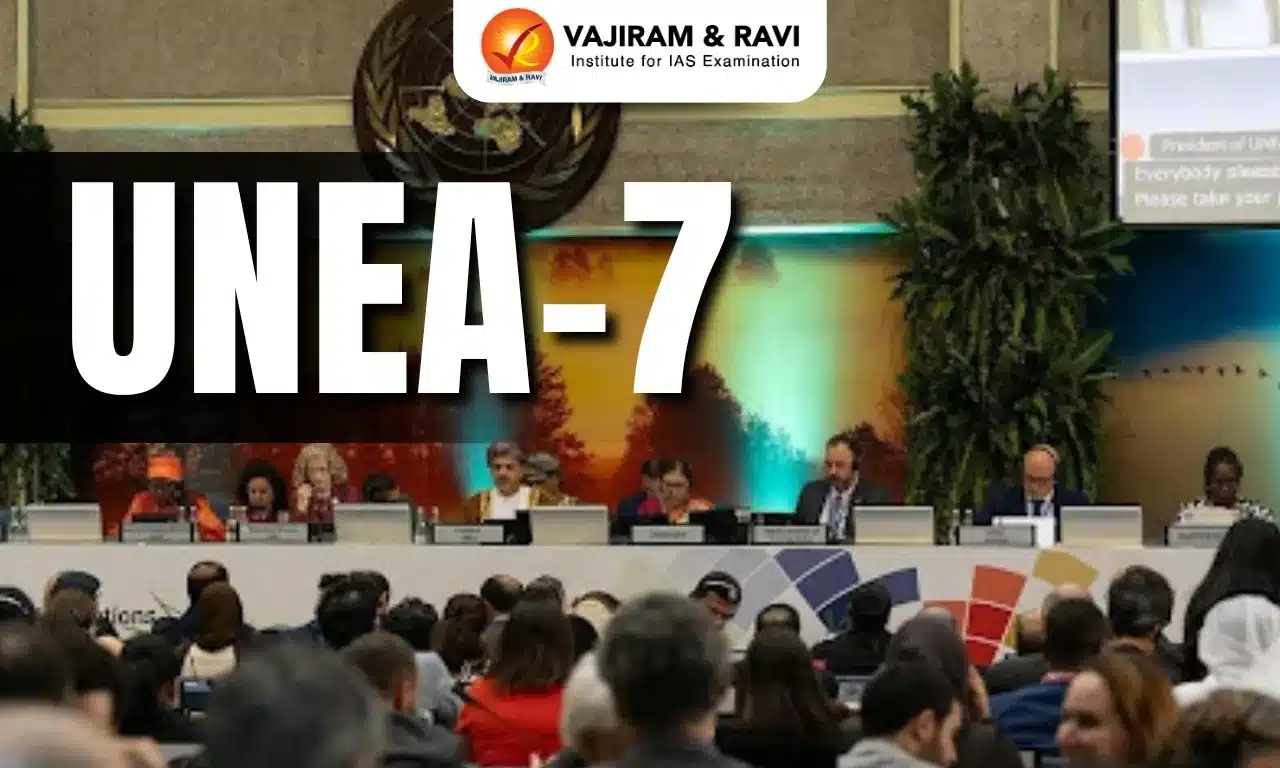What’s in today’s article?
- Why in News?
- Background of the National Litigation Policy
- About the National Litigation Policy
- Significance of the National Litigation Policy
Why in News?
- With an aim to reduce the burden of pending court cases in which the government is a party, the Union Ministry of Law and Justice approved the National Litigation Policy, which will now be sent to the Cabinet for approval.
Background of the National Litigation Policy:
- As of now, roughly 50 million legal cases are pending at various levels of the judiciary across the country and the government is the country’s leading litigator.
- For example, the government is responsible for 73% of all cases admitted by the Supreme Court.
- The National Litigation Policywas launched in 2010 to make the government a more “responsible litigant”. However, the policy was not implemented.
- In 2015, the NDA government revived the plan and in a reply to Lok Sabha the then-Law minister (in 2021) said the policy was under consideration.
- The long-pending policy had been a part of the BJP’s 2024 Lok Sabha election manifesto, and as his first action after taking charge of the office, the policy was approved by the Union Law Minister recently
About the National Litigation Policy:
- It is based on the recognition that the government and its various agencies are the predominant litigants in courts and tribunals in the country.
- Its aim is to transform the government into an efficient and responsible litigant.
- Efficient litigant means: A litigant who –
- Is represented by competent and sensitive legal persons.
- Focus on the core issues involved in the litigation and address them squarely.
- Manage and conduct litigation in a cohesive, coordinated and time-bound manner.
- Ensure that good cases are won and bad cases are not unnecessarily pursued.
- Responsible litigant means:
- That false pleas and technical points will not be taken and shall be discouraged.
- Ensuring that the correct facts and all relevant documents will be placed before the court.
- That nothing will be concealed from the court and there will be no attempt to mislead any court or Tribunal.
- Prioritisation in litigation has to be achieved with particular emphasis on welfare legislation, social reform, weaker sections.
- Efficient litigant means: A litigant who –
- The policy suggests that the pending cases with the government as party to be reviewed on priority basis to enable quick disposal.
- It also proposed a monitoring and review mechanism to sensitise government in important cases and avoid delay and neglect of the same.
Significance of the National Litigation Policy:
- The purpose underlying this policy is to reduce Government litigation in courts so that valuable court time would be spent in resolving other pending cases.
- This will help the judiciary to achieve the goal in the National Mission for Justice Delivery & Legal Reforms to reduce average pendency time from 15 years to 3 years.
- The policy recognises the fact that it is the responsibility of the government –
- To protect the rights of citizens, to respect fundamental rights and
- Those in charge of the conduct of government litigation should never forget this basic principle.
Q.1. What is the National Mission for Justice Delivery and Legal Reforms?
National Mission for Justice Delivery & Legal Reforms was set up in 2011 with the twin objectives of increasing access by reducing delays and arrears in the judicial administration and enhancing accountability through structural changes and by setting performance standards and capacities.
Q.2. What are the reasons for increasing judicial pendency?
The main reasons for such high pendency are the shortage of judges and staff and the inadequacy of infrastructure, procedural problems, frequent adjournments, etc.
Sources: After years in work, law ministry clears fresh litigation policy document | IE
Last updated on December, 2025
→ Check out the latest UPSC Syllabus 2026 here.
→ Join Vajiram & Ravi’s Interview Guidance Programme for expert help to crack your final UPSC stage.
→ UPSC Mains Result 2025 is now out.
→ UPSC Notification 2026 is scheduled to be released on January 14, 2026.
→ UPSC Calendar 2026 is released on 15th May, 2025.
→ The UPSC Vacancy 2025 were released 1129, out of which 979 were for UPSC CSE and remaining 150 are for UPSC IFoS.
→ UPSC Prelims 2026 will be conducted on 24th May, 2026 & UPSC Mains 2026 will be conducted on 21st August 2026.
→ The UPSC Selection Process is of 3 stages-Prelims, Mains and Interview.
→ UPSC Result 2024 is released with latest UPSC Marksheet 2024. Check Now!
→ UPSC Prelims Result 2025 is out now for the CSE held on 25 May 2025.
→ UPSC Toppers List 2024 is released now. Shakti Dubey is UPSC AIR 1 2024 Topper.
→ UPSC Prelims Question Paper 2025 and Unofficial Prelims Answer Key 2025 are available now.
→ UPSC Mains Question Paper 2025 is out for Essay, GS 1, 2, 3 & GS 4.
→ UPSC Mains Indian Language Question Paper 2025 is now out.
→ UPSC Mains Optional Question Paper 2025 is now out.
→ Also check Best IAS Coaching in Delhi

















